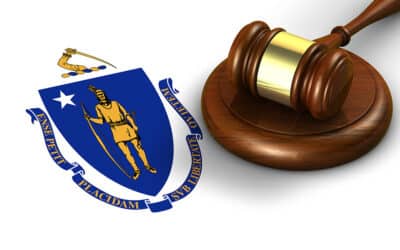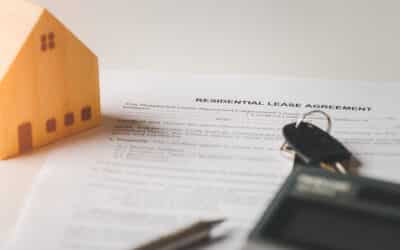Though smoking has always been an issue for landlords, marijuana smoke has increasingly become an issue since the recreational use of marijuana became legal in Massachusetts, dispensaries became more prevalent, and even more people started using (or openly using) cannabis. Massachusetts landlords retain the right to regulate marijuana smoking or vaping within their properties.
The legalization of recreational marijuana under the state law does not automatically grant tenants unrestricted rights to consume cannabis on the premises. The law does not “prevent a person from prohibiting or otherwise regulating the consumption, display, production, processing, manufacture or sale of marijuana and marijuana accessories on or in property the person owns, occupies or manages, except that a lease agreement shall not prohibit a tenant from consuming marijuana by means other than smoking on or in property in which the tenant resides unless failing to do so would cause the landlord to violate a federal law or regulation.” Therefore, within a written lease, landlords can regulate the smoking and cultivation of marijuana in their property, but cannot regulate other forms of consumption such as edibles.
Regarding medical marijuana use, it is essential to note that landlords cannot prohibit the lawful possession or consumption of medical marijuana by tenants with a valid prescription. A tenant requesting a reasonable accommodation to use medical marijuana as prescribed by their physician should not result in the potential exposure of others to secondhand marijuana smoke if there are alternative consumption methods available that would be effective for the patient. Although each individual’s medical situation is different, a middle ground might be reached for many marijuana users, in concert with advice from their physician.
Landlords are expected to enforce policies consistently across all tenants, ensuring fairness and equal treatment. They must clearly communicate their rules on smoking and/or marijuana use to tenants. The landlord can have all tenants sign a no-smoking addendum to the lease or rental agreement, prohibiting the tenants and guests from smoking anywhere on the landlord’s property. The no-smoking addendum should either have broad language prohibiting vaping or smoking of any substance, or specifically mentioning that vaping and smoking of marijuana is prohibited anywhere on the property.
If you have questions or would like to discuss these matters, please contact Drayton Law at 508-618-7270.
This blog is for informational purposes only. It should not be considered legal advice. All those who read this blog should seek the advice of a professional before taking action based upon any information provided herein.








